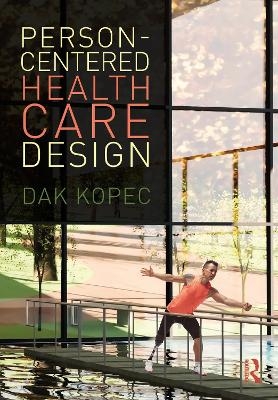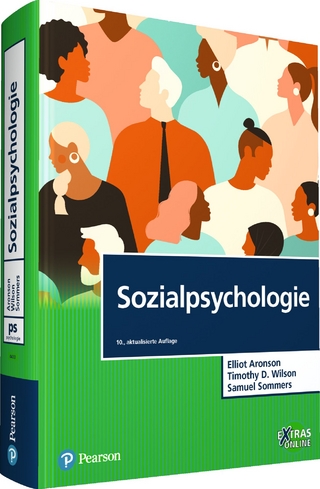
Person-Centered Health Care Design
Routledge (Verlag)
978-0-367-19487-1 (ISBN)
Disease, injury, or congenital disorders result in an inability to perform activities of daily living as effectively as others. Most of these activities take place within and are dependent upon the designed environment. This book presents the specialized area of person-centered health care design, which focuses on a person's design needs because of one or more health conditions and requires foundational knowledge pertaining to infection control, bio-physiology, neuroscience, and basic biomechanics.
Whether the designer has engaged in person- or condition-centered design, this book examines the causes that bring about health conditions, such as autoimmune disorders, chronic lung disease, muscular dystrophy, and neurological disorders, and the effects these have on a person's quality of life. Over forty various health conditions are discussed in relation to assorted building typologies—schools, group homes, rehabilitation and habilitation centers, and more—to identify design solutions for modifying each environment to best accommodate and support a person’s needs.
Dak Kopec encourages readers to think critically and deductively about numerous health conditions and how to best design for them. This book provides students and practitioners a foundational framework that supports the promotion of health, safety, and welfare as they pertain to a person's physiological, psychological, and sociological well-being.
Dak Kopec is an associate professor in the School of Architecture at the University of Nevada, Las Vegas. Dak has authored several books used by interior design educators, including three editions of Environmental Psychology for Design. He is a two-time Polsky Prize winner, is credited with researching, developing, and administering the first low-residency graduate program focused on designs for human health at the Boston Architectural College, and has been awarded honorary Fellowship to ASID (Hon.FASID). Dak served as a visiting professor at the University of Hawaii with a joint position in architecture and medicine, was listed as a Fulbright Specialist, and subsequently served two terms as a Fulbright Reviewer. In 2017, Dak won IDEC’s Community Service Award for the design of a group home for people with developmental disabilities and early-onset dementia. Today, Dak is calling upon his diverse educational background in health sciences, psychology, and architecture to promote interdisciplinary and person-centered design.
1. Introducing the Health Care Designer; 2. Evolving Beliefs, Lifestyles, and Diseases; 3. Body Insults; 4. Muscular Disorders, Joint Deterioration, and Skeletal Dysplasias; 5. Autoimmune Diseases; 6. Allergens and Sensitivity Disorders; 7. Chronic Lung Diseases; 8. Acquired Brain Injuries; 9. Sensory Deficits; 10. Cognitive Disabilities; 11. Neurological Disorders; 12. Dementias; 13. Post-Traumatic Stress and Mood Disorders; 14. Psychosis and Neurosis
| Erscheinungsdatum | 07.05.2021 |
|---|---|
| Zusatzinfo | 24 Tables, black and white; 14 Line drawings, black and white; 122 Halftones, black and white; 160 Illustrations, black and white |
| Verlagsort | London |
| Sprache | englisch |
| Maße | 178 x 254 mm |
| Gewicht | 925 g |
| Themenwelt | Geisteswissenschaften ► Psychologie ► Sozialpsychologie |
| Medizin / Pharmazie | |
| Technik ► Architektur | |
| Wirtschaft | |
| ISBN-10 | 0-367-19487-2 / 0367194872 |
| ISBN-13 | 978-0-367-19487-1 / 9780367194871 |
| Zustand | Neuware |
| Haben Sie eine Frage zum Produkt? |
aus dem Bereich


